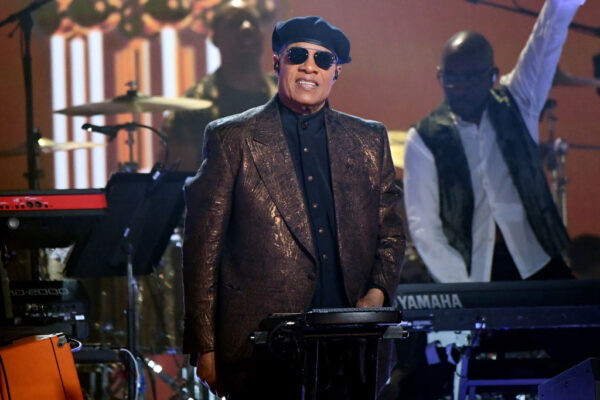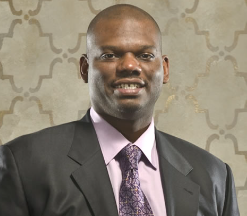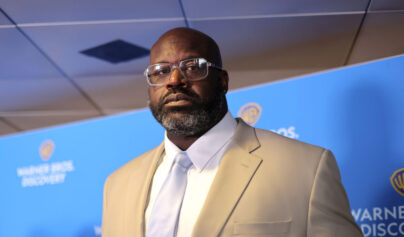Singer, songwriter, and producer Stevie Wonder is one of America’s greatest treasures.
With almost 30 studio albums, 30 Billboard No. 1 hits, and hundreds of producer/ songwriter credits of other artists in his discography, the “I Just Called to Say I Love You” singer has a net worth of an estimated $200 million.

The artist, whose career spans over six decades, made his fortune with his 100 million album sales (resulting in only about $20 million of his portfolio), endorsements, live performances, publishing and producing, and other ventures.
Stevland Hardaway Judkins was born in the small city of Saginaw, Michigan, in 1950. The third of five children, Stevie Wonder was blind since his premature birth. That didn’t stop him from having one of the most outstanding careers as an American performer.
The Motown Days
One of the first superstars to sign to Motown Records, he was only 11 when he inked his four-year recording contract with the label that afforded him 2 percent of royalties on retail record sales. Simultaneously, he signed a three-year management contract, where he received a weekly stipend of $2.50 in 1961 (which calculates with inflation to about $24.90 in 2023).
Still, he continued to work and create a reputation as a consummate performer, artist, and professional at his Motown home, and by the age of 21 was able to renegotiate.
As an adult performer, he secured ownership of ten years’ worth of music royalties and rights. When the end of his Motown contract approached in 1971, the young man also was able to spark a bidding war between other labels like CBS and Atlantic. Berry Gordy refused to let his young star go and offered him more equity in his career, which allowed him to earn his first million.
By 1975, his business enterprise was as heralded as his music, according to sources.
Having Ownership
He became one of only a handful of artists to have ownership in the industry and the only one at Motown to have ownership of his publishing rights — giving him more royalties and creative control to write, produce, and record whenever and whomever he wanted.
With four new albums and two of his 22 Grammy wins under his belt, four years after earning his first million his net worth shot up to $13 million.
In 1979, understanding the power of radio for popular music, Stevie Wonder purchased the KJLH radio station for approximately $2 million.
His business sense kicked in and he created Taxi Productions, a separate corporation for the exclusive purpose of purchasing and managing the station. This kept the dealings of the radio station separate from his work as a musician, producer, and other business affairs.
To customize the radio station to fit his core beliefs, he assigned terms to the already existing call letters. The station’s call letters would be the acronym for “Kindness, Joy, Love & Happiness,” according to World Radio History.
Even with satellite radio and streaming services challenging the market, Stevie Wonder says there is still a need for his radio station.
“Radio’s influence on the tastes of the masses is almost unmatched in reach and effect, primarily because of the ease and comfort afforded its listeners,” he said in a 2017 editorial for Billboard. “And no matter how much current artists embrace new technology and platforms to spread their music, if you ask any one of them, they will still tell you that their biggest kick came from hearing their song on the radio for the first time.
Located in Compton, California, it remains the oldest Black-owned radio station on the West Coast.
Charitable Works
Just as profound as Stevie Wonder’s business acumen is his love for people and his charitable works. From the United Nations to his campaigns for disability rights on the U.S. President’s Committee on Employment of People with Disabilities and the Junior Blind of America, he gives much of his wealth to causes to help others.
In 2009, he said, “It is beyond my ability to fathom that 10 percent of people of this world don’t matter to the other 90 percent of the people in the world. I’m not able to believe that.”
The father of nine announced he was leaving Motown Records in 2020 and launched his own label, So What The Fuss Music under Republic Records/ Universal Music Group. He also told the world he wanted to relocate to Africa, a desire he’d had since the ’70s.
Despite all of this, he says, his heart is with his legacy: “Even though I have left Motown, I never leave Motown.”





I am a songwriter and I have a sixth sense for writing his songs